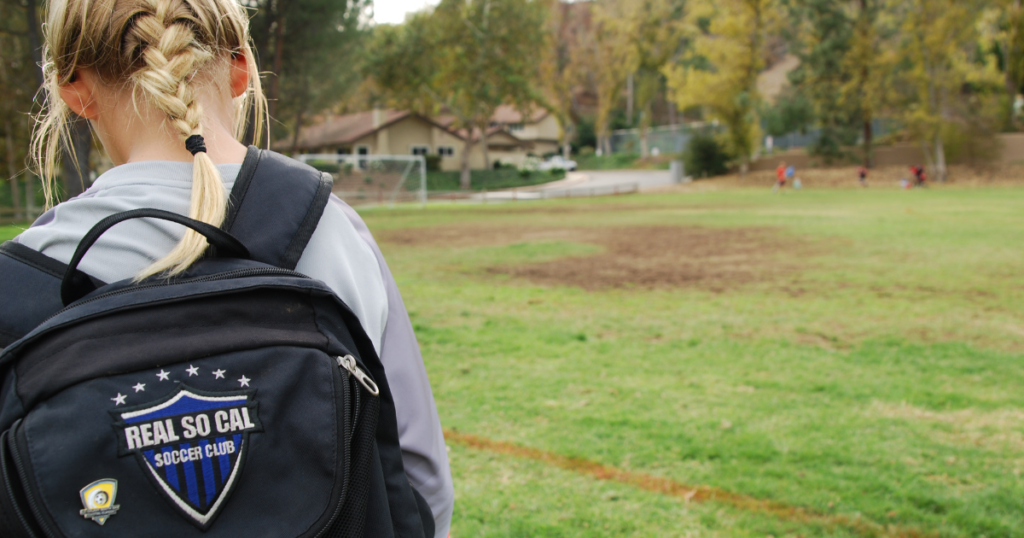6 Ways To Beat Sports Burnout
As a freshman basketball player at Coastal Carolina College, I spent my mornings in the weight room, my afternoons at 3-hour practices, and my evenings at mandatory study hall. I had dedicated the previous eight years of my life to playing basketball at all levels, culminating in winning a Virginia State Championship, and sports burnout was beginning to show.
By the time I arrived at college, I was done. Burnt out. My passion for hoops was replaced with a desire to spend my time doing other things: studying, being with friends, and working for the local newspaper.
When I transferred to the University of Michigan as a Junior, I didn’t try out for the basketball team. It’s my single biggest regret in my sports career. I don’t know if I would have made the team, but I wish I would have tried.
Today, it’s even more difficult to maintain that love and passion. Kids start younger and are pressed upon even harder. The goal should be to foster a life-long love of sport, not to peak at age 15!
If you suspect your child might be suffering from sports burnout, there are 9 distinct signs. If they are showing one or several of the signs of burnout, there are things you can do to help.
6 Things You Can Do Right Now To Help Combat Burnout
- First of all, acknowledge there could be a problem and talk to your child about it. Do this with empathy and not anger, blame, or guilt. Remember, sometimes your child may not even know they are experiencing burnout.
- Take back as much time as you can without jeopardizing their place on the team. Meaning stop all private training, additional training, guesting, extra workouts, and anything else they are involved in. If they are on two teams, quit one. Minimize their time doing the sport as much as possible. This can be temporary, not long-term, to give them more breaks.
- Skip practice occasionally. Make a big deal about it. Go do something super fun that they love instead. Let them know that you are on their side and that sports AREN’T the most important thing in their lives or yours! They need to know you support them by having fun and not grinding all the time.
- Plan more social activities with teammates. Allow them to connect with their teammates more on a social level. This is particularly useful for younger kids, especially girls. They will enjoy playing more if they feel connected to their teammates.
- Discuss options with the coach. They should be willing to work with you to devise a strategy going forward. Sometimes, you need to think outside the box for a solution. For example, maybe they would allow a two-week break to recharge. *We realize this isn’t going to be a good solution for all. But if they truly have the child’s best interest at heart, they will work with you.
- In very serious cases, you may want to consider taking a season off. I know for many, this sounds impossible to come back from, but it might be better than the child giving the sport up completely. They could try another sport for a season or do nothing. If your child is willing, they could ‘keep up’ by doing private training or by practicing on their own.
